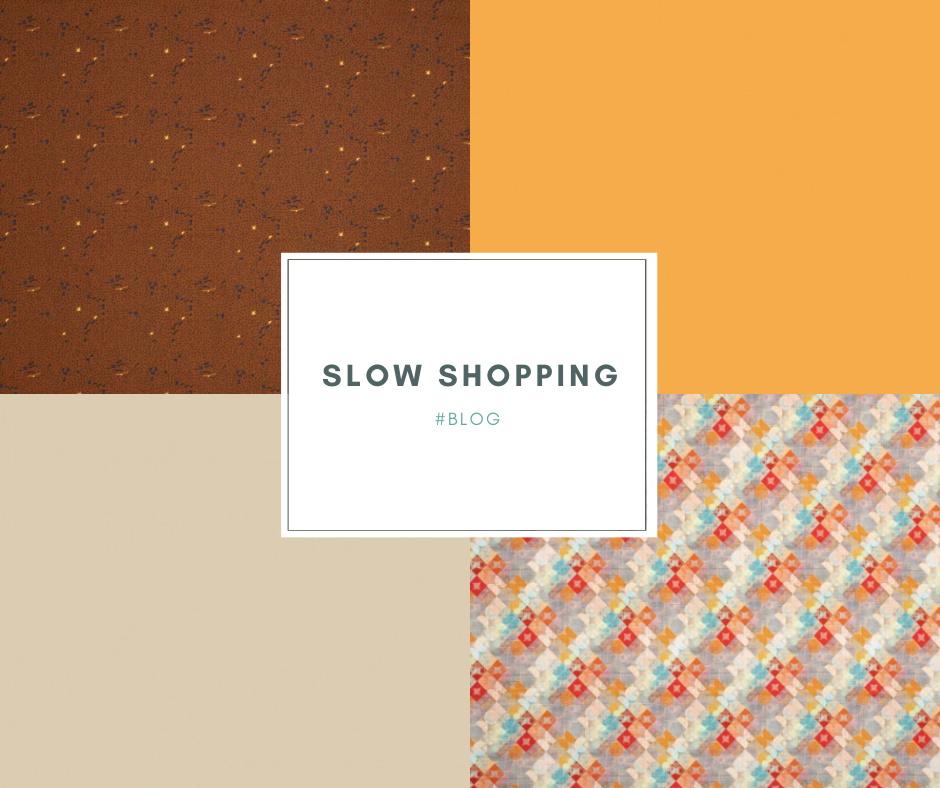
Slow Shopping: An Experience of Conscious Enjoyment and Sustainability
In today’s busy and fast-paced world, where online shopping has become the norm, there is a growing need for a more relaxed and mindful approach to shopping. A new trend has emerged: Slow Shopping, which revolves around “looking leisurely and buying mindfully.” This movement opposes the hyper-shopping phenomenon, where consumers rush and shop impulsively with the goal of buying what they need as quickly as possible. Slow Shopping, on the other hand, takes the time to savor the shopping experience and pays attention to sustainability.
The Origin of Slow Shopping
Slow Shopping has emerged as a response to increasingly hectic shopping experiences and the growing dominance of online shopping. In contrast to the speed and convenience of online shopping, Slow Shopping emphasizes a decelerating and enriching experience in physical stores. Instead of rushing through the aisles, Slow Shopping invites customers to slow down and take the time to explore, discover, and experience.
Experience and Entertainment in Stores
An essential aspect of Slow Shopping is the emphasis on experience and entertainment in stores. Retailers have realized that customers not only want to buy products but also seek a meaningful experience. Stores are transforming into true experiential centers, where customers are invited to taste, test, learn, and create.
In modern slow shopping concepts, we find Experience Centers, Brand Flagship Stores, and Experience Salons. These stores offer much more than just products. They can serve as meeting places, with spaces to relax or enjoy a cup of coffee. Workshops and events are organized to engage and entertain customers.
Sustainability and Conscious Living
Another key pillar of Slow Shopping is sustainability and conscious living. Stores that embrace slow shopping pay close attention to the origin of products, the use of natural materials, and the environmental impact. They work to minimize waste and strive for a more circular economy.
Conscious consumers are drawn to slow shopping because of its focus on sustainability. In these stores, products come with a story, from the origin of raw materials to the production process and recycling after use. Customers feel engaged and supported in their pursuit of a conscious lifestyle.
The Emotional Connection with Brands
Slow Shopping is also about building a deeper emotional connection between customers and brands. Due to the longer dwell time in stores, customers have the opportunity to connect with the brand and its values. This leads to higher brand loyalty and a preference for physical stores over online shopping.
Experience It with Polytex Fabrics
At our fabric wholesale, sustainability is not just a trend but an integral part of who we are as a company. The vast majority of our fabrics adhere to OEKO-TEX guidelines, ensuring that you receive fabrics that are free from harmful substances and safe for people and the environment. We remain committed to making the most sustainable and responsible choices in our product range and practices, and we invite our customers to join us in striving for a more conscious and sustainable future. Explore our sustainable fabrics here.
Source: “Look, look, … buy!” from Fashion United.

